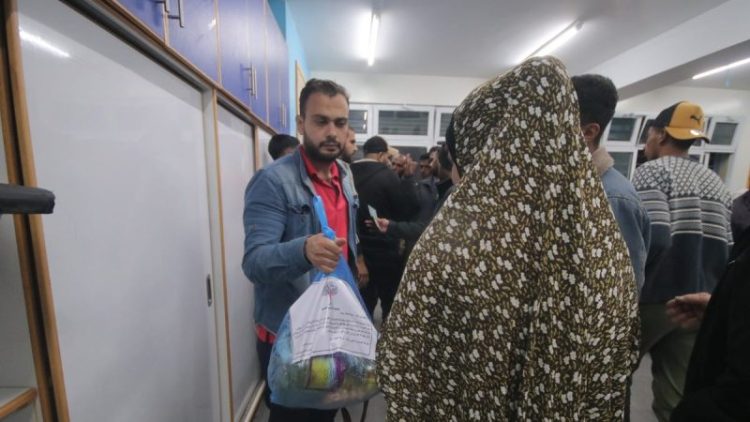
Unfortunately, many of the anti-Hamas activists in Gaza who are hoping to make a difference in the lives of the people are finding that their efforts are often snubbed by the United Nations, aid groups, and other international organizations. This is despite the fact that many of these activists want to make a positive contribution to society and are even ready to risk their lives in order to help the community.
The problem appears to stem from a combination of the security situation in Gaza, the political divisions between the Palestinian Authority and Hamas, and the complicated funding structures of international aid organizations. For example, in some cases, the United Nations and UNRWA (remember that the United Nations Relief and Works Agency for Palestine Refugees in the Near East is largely funded and managed by the international community) have placed restrictions on the activities of the anti-Hamas activists as part of their own regulations. In addition, the international NGOs usually provide aid to the Palestinians on the basis of their status as a political entity rather than individuals — meaning that anti-Hamas activists from Gaza, who are typically citizens of the Palestinian Authority, would not be eligible to receive the benefits of the aid packages.
It is likely that in the near future, these activists will be given more thought and consideration by the international community. After all, regardless of their stance on the Israeli/Palestinian conflict, many of the young activists in the Gaza Strip are working hard to improve their local communities. International organisations should, therefore, be open to exploring ways in which they be can offer meaningful support to these aspiring young activists.









